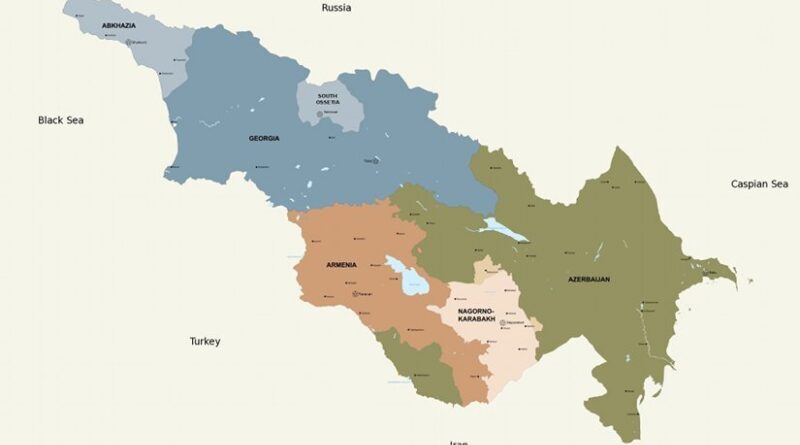Russia Would Gain Geopolitically By Expanding Unblocking Project In South Caucasus – OpEd
By Paul Goble
Moscow’s understanding of the unblocking of transportation routes in the southern Caucasus should be far more expansive than it is, going far beyond what has been announced so far and including a variety of initiatives that could bring Russia important geopolitical benefits, Aleksey Baliyev says.
The Rhythm of Eurasia analyst says Moscow is interested not only in highway and rail lines across the Arax into Iran but also in using that step to develop the hydro- and bio-resources of the entire trans-border region between Armenia and Azerbaijan on the one side and Iran on the other (ritmeurasia.org/news–2021-01-17–transportnaja-infrastruktura-juzhnogo-zakavkazja-evrazijskij-akcent-vse-bolee-dinamichen-52812).
Moscow made major investments in those projects in the 1970s and 1980s but most of them have been put on hold for the last 25 years because of the Qarabagh conflict. The only ones that have gone forward have been those on the Armenian-Iranian border – but that forms only 20 percent of the length of Arax.
Getting these programs moving again will require Russian leadership and Russian investment, but the benefits to Moscow from doing so will be more than economic, Baliyev argues. They will promote stability in the region and yield important geopolitical benefits to Moscow not only in the southern Caucasus but into the Middle East as well.
One further unblocking Moscow would like to promote is something that has not yet received much attention since the November 10 declaration. That is the border between Armenia and Turkey blocked by Ankara since 1993. No one is talking about unblocking it now, but Russia would benefit because it could then organize trade east-west from its CIS partners.
For the immediate future, Russia will undoubtedly concentrate on developing north-south routes via Iran to Pakistan and India and on expanding trans-border supplies of energy with electric power helping to link the countries together and make it more likely that Russia can dominate the area as the arbiter of such sharing.

